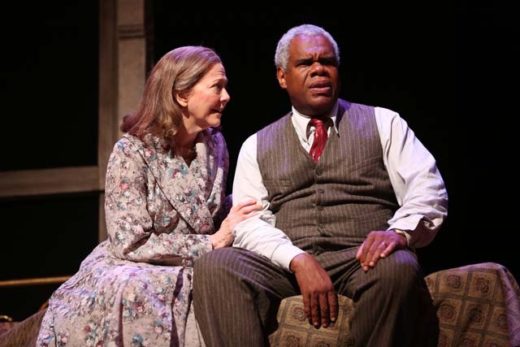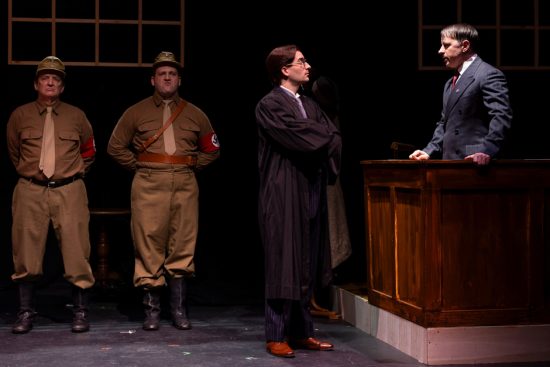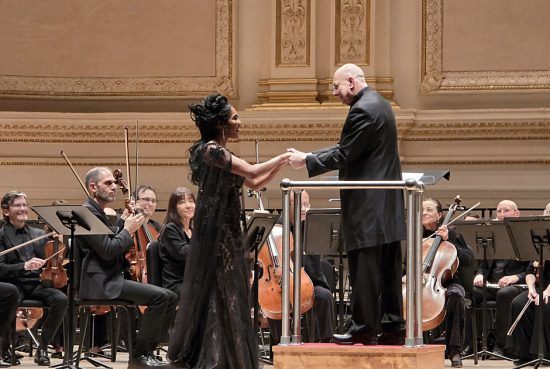Kimberly Schraf is a frequent and popular actress I Washington, D.C., having appeared in Death of a Salesman and The Laramie Project at Ford’s Theatre; Vicuña and the American Epilogue and Oh, God at Mosaic; Measure for Pleasure and The Gigli Concert at Woolly Mammoth; Angels in America and Show Boat at Signature; Skylight, Frozen and all four of The Apple Family Plays at Studio; and Our Town and A Prayer for Owen Meany at Round House. In February she will be returning in The Heiress at Arena Stage, the venue where she also appeared in Ah, Wilderness! and The Women. As co-director of the Honors Conservatory at the Theatre Lab, she prepares adult actors for professional theater work, and as a Steering Committee member of Actors Arena, she helps to program workshops and roundtable discussions to enrich and deepen the acting craft of seasoned professionals.
Can you point to one event that triggered your interest in your career?
I would have to say that, rather than a single event, it was an early fascination with story that steered me in the direction of theatre. I was mesmerized by books and appropriated the stories that I heard or read about and performed them for anyone who would listen. My teachers predicted that I would become a puppeteer and my parents silently feared that I’d become an actor. I was intrigued by the way a story unfolded, built in complexity and resolved, and I was shameless about believing that I could portray every role. I began to think of acting in a deeper way when I saw a church players’ production of Our Town in a school basement and experienced something like transcendence. I was only ten, and wouldn’t seriously embark on a theatrical path for decades, but a seed was planted.
What about this career choice did you find most appealing?
The possibility of standing in a character’s shoes as if they were my own, along with the exponential variations that afforded an actor was, and is, intoxicating to me. Each character is a new lens on experience, history, emotion, spirituality, and everything that drives human interaction. As actors, we are constantly honing our capacity for empathy and understanding of the other. I think that these are survival skills in an increasingly diverse and complicated world.
What steps did you take to begin your education or training?
I was late to the party, despite my early infatuation. I did not study theatre as an undergrad; I pursued the classical liberal arts in a small school centered around a Great Books curriculum, St. John’s College. Theatre was an avid extracurricular pursuit, but secondary to Plato, Aristotle, and Hegel. So my professional training only began once I’d moved to DC five years after graduation. Arena Stage offered some intensive courses taught by company members and I studied with Stanley Anderson, Mark Hammer, and Halo Wines; then I embarked on a conservatory curriculum at Joy Zinoman’s Studio Theatre and completed courses there as I was beginning to get professional work at some small theatres in town.

Kimberly Schraf Kimberly Schraf (Linda) and Craig Wallace (Willy Loman) in the Ford’s Theatre production of Death of a Salesman, directed by Stephen Rayne. Photo by Carol Rosegg.
Along the way, were people encouraging or discouraging?
Without the encouragement I received at virtually every phase of the journey, I don’t think I would have persevered. It’s a lonely and often brutal process of auditioning, waiting, hoping, and never fully understanding why you’re not being cast. I’m grateful to the many teachers, colleagues and mentors who affirmed my choice and bolstered my spirits. Then and now.
Did you ever doubt your decision and attempt a career change?
Perhaps because my career began so late, in my thirties, I was committed to making it work if I could. Like most members of my profession, I’ve always had other employment alongside acting, and that made it possible to keep the dream of theatre alive even during periods when the work was thin. I never had to forsake one career for another; I just kept adding more work to the mix. It’s not a formula I’d necessarily recommend, but it has kept me going.
When did your career reach a tipping point?
One aspect of this work that is a bit curious is that it doesn’t progress in a linear fashion on a trajectory towards “success.” The path, for most performers, is an erratic one where the tipping point you thought you’d reached last season vanishes and you are uncertain of whether there will be another job anytime soon. That said, I’ve worked with on-and-off regularity for 33 years, but I can’t quite say when I “tipped.” My hunch is that if you pour yourself heart and soul into every role that comes your way, and conduct yourself with the utmost professionalism and open-hearted generosity, folks will want to work with you again, and then new folks will want to work with you, and soon you’ll be working at bigger and better venues. At least that’s the dream.

Kimberly Schraf
Can you describe a challenge you had to overcome?
As a younger actor, I believe that I was too accommodating, too deferential. I valued a harmonious rehearsal room and a consensus about the work, and I didn’t fight for what I needed as a character and as an actor. I had to learn that the conflict between characters is what drives good scene work, and that that didn’t mean discord between actors. I had to find a voice for what I needed in the room, and to know that struggle and disagreement were part of the process of birthing a play. I suppose I needed to discover and uphold my own process as an actor.
What single skill has proven to be most useful?
All of the skills that an actor enlists in the work are the same skills that we enlist in our daily lives in order to get things done, persuade someone of an idea, change our circumstances. So I’d have to say that the skill of bringing all of myself to the task of affecting another person — the skill of persuasion — is most useful, and most necessary.
What accomplishment are you most proud of?
It has taken a certain stamina and fortitude to stay in the game, and I’m proud that I’ve managed that for 33 years. I’ve also found ways to nurture others in the community by training actors who aspire to professional theatre work in the Theatre Lab’s Honors Conservatory and by arranging development opportunities for seasoned actors as a steering committee member of Actors Arena.
Any advice for others entering your profession?
Really examine why you want to do this work. It needs to be grounded in something vital and substantial, more than just a dream of fame. And then evaluate what you’re willing to sacrifice in order to make it happen. If it still seems essential and desirable, forge ahead. The rewards are enormous and life-altering!
Top photo: Michael Russotto and Kimberly Schraf in Theater J’s The Sisters Rosensweig. Photo by Stan Barouh.
The Heiress
February 8 through March 10, 2019
Arena Stage
1101 Sixth Street, NW







